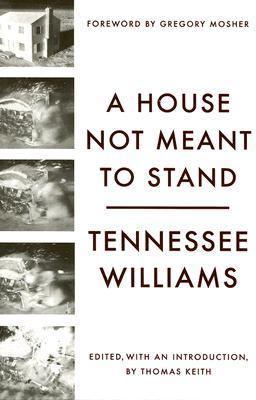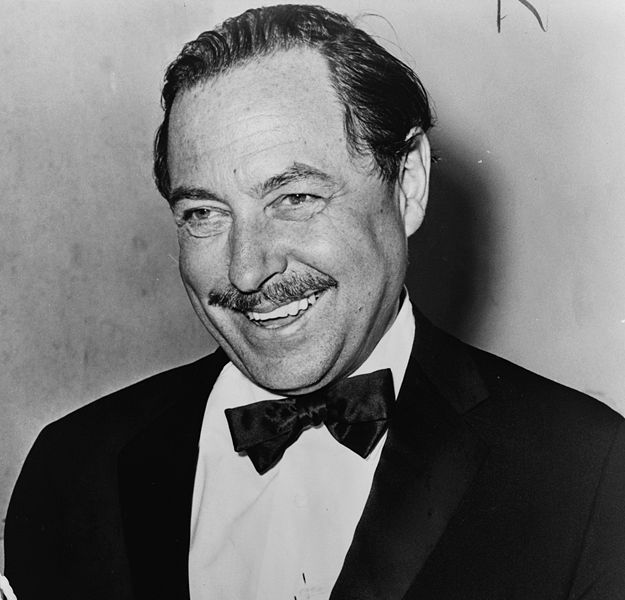
Christmas 1982: Cornelius and Bella McCorkle of Pascagoula, Mississippi, return home one midnight in a thunderstorm from the Memphis funeral of their older son to a house and a life literally falling apart—daughter Joanie is in an insane asylum and their younger son Charlie is upstairs having sex with his pregnant, holy-roller girlfriend as the McCorkles enter. Cornelius, who has political ambitions and a litany of health problems, is trying to find a large amount of moonshine money his gentle wife Bella has hidden somewhere in their collapsing house, but his noisy efforts are disrupted by a stream of remarkable characters, both living and dead. While Williams often used drama to convey hope and desperation in human hearts, it was through this dark, expressionistic comedy, which he called a "Southern gothic spook sonata," that he was best able to chronicle his vision of the fragile state of our world.
Author

Thomas Lanier Williams III, better known by the nickname Tennessee Williams, was a major American playwright of the twentieth century who received many of the top theatrical awards for his work. He moved to New Orleans in 1939 and changed his name to "Tennessee," the state of his father's birth. Raised in St. Louis, Missouri, after years of obscurity, at age 33 he became famous with the success of The Glass Menagerie (1944) in New York City. This play closely reflected his own unhappy family background. It was the first of a string of successes, including A Streetcar Named Desire (1947), Cat on a Hot Tin Roof (1955), Sweet Bird of Youth (1959), and The Night of the Iguana (1961). With his later work, he attempted a new style that did not appeal to audiences. His drama A Streetcar Named Desire is often numbered on short lists of the finest American plays of the 20th century, alongside Eugene O'Neill's Long Day's Journey into Night and Arthur Miller's Death of a Salesman. Much of Williams' most acclaimed work has been adapted for the cinema. He also wrote short stories, poetry, essays and a volume of memoirs. In 1979, four years before his death, Williams was inducted into the American Theater Hall of Fame. From Wikipedia